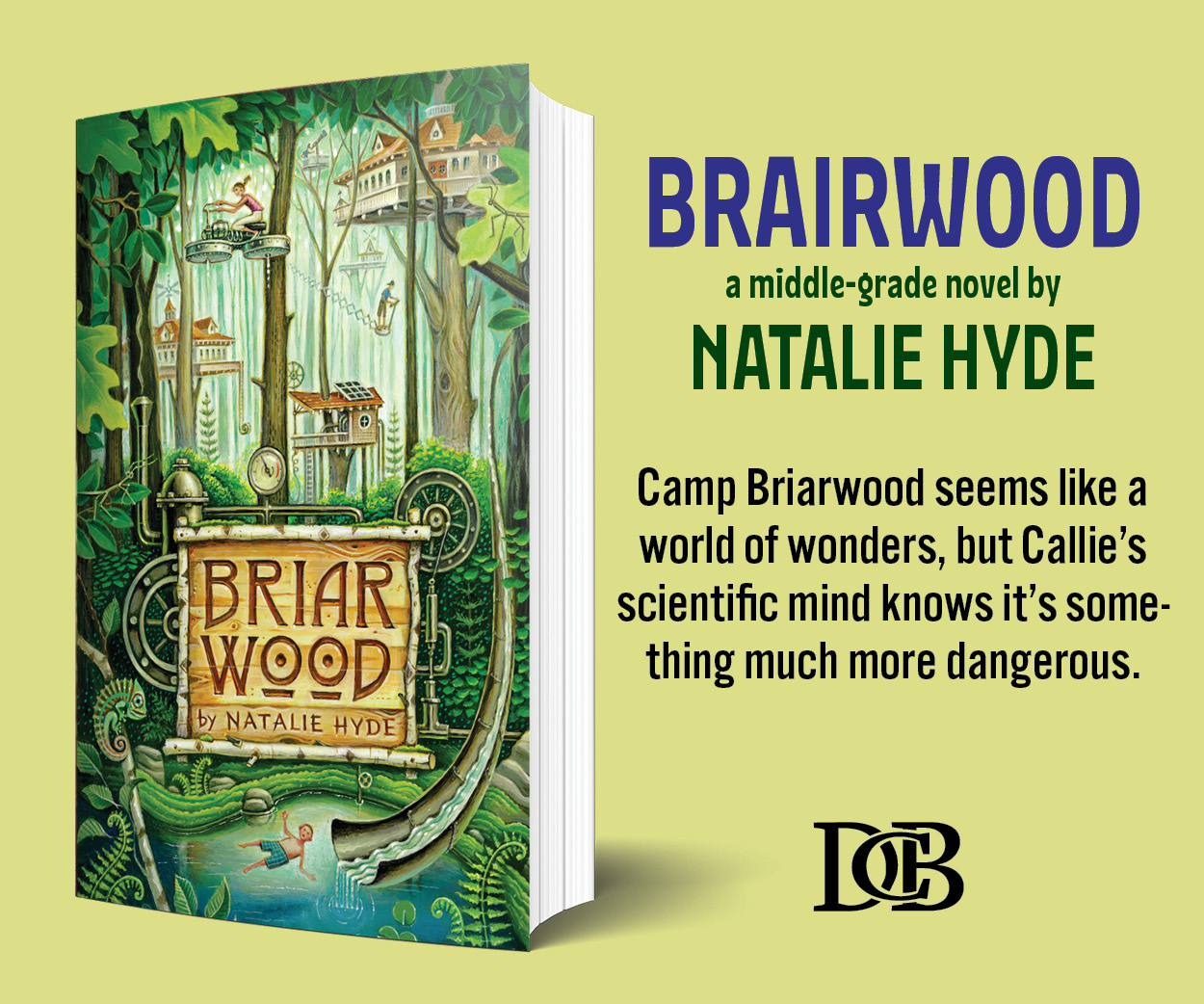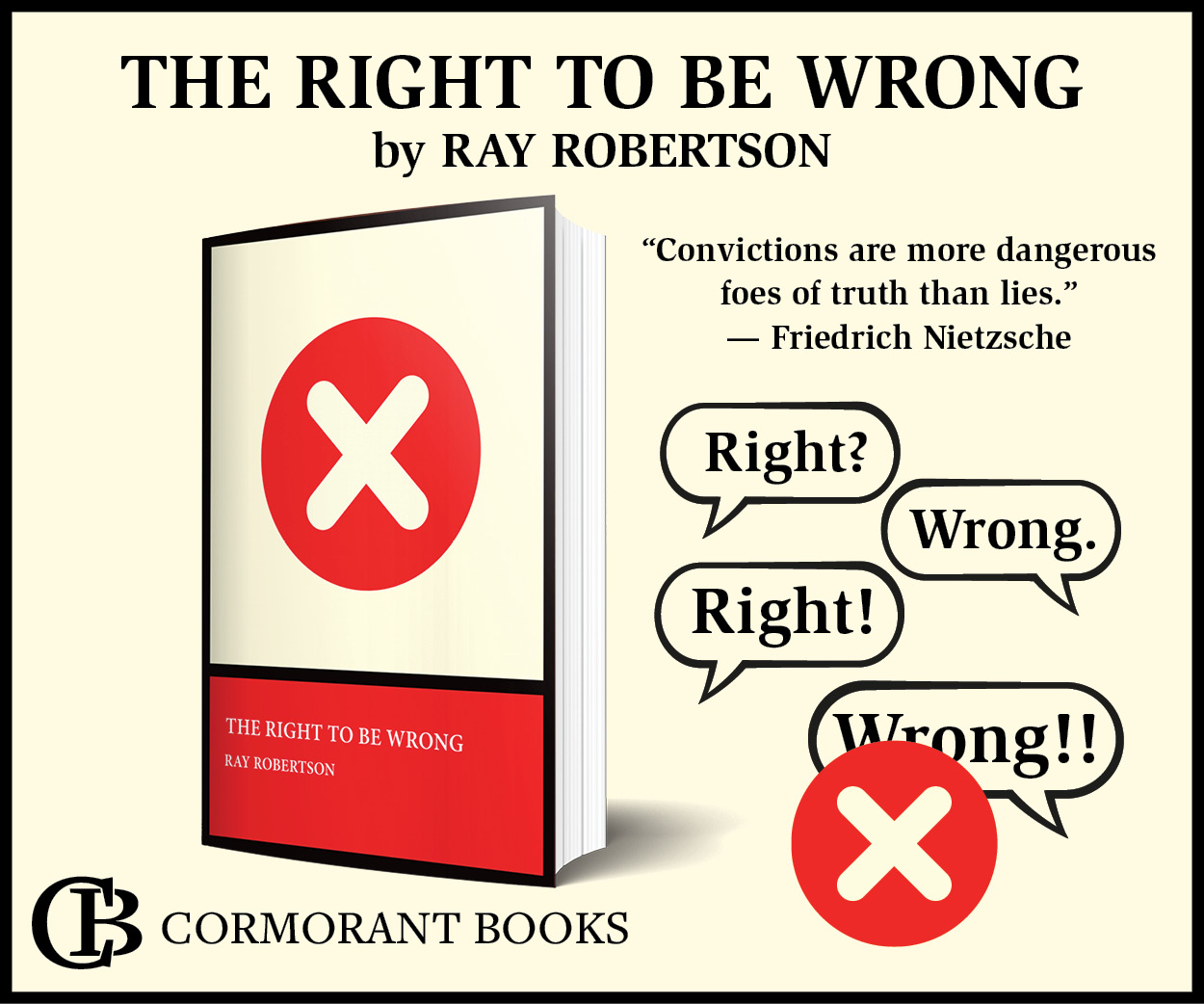Open History - Daddy Hall: A Biography in 80 Linocuts
Our Open History series continues with Daddy Hall: A Biography in 80 Linocuts, by Tony Miller.
Read on after the following description for a Q & A with the author.
Daddy Hall: A Biography in 80 Linocuts (from Porcupine's Quill):
A striking visual saga in linocuts of the life of John ‘Daddy’ Hall, a man of Mohawk and African-American descent who survived war, capture and slavery to become a pillar of the community in nineteenth-century Owen Sound, Ontario.
Born of a Mohawk father and an escaped-slave mother, John "Daddy" Hall was a product of not one but two oppressed peoples. His gripping story is the stuff of legends—of the War of 1812, of the harsh realities slavery and of triumph in the face of adversity. Over the course of his 117-year life, Hall identified as a freeman, a scout for the British under Chief Tecumseh, a captured slave, an escapee on the Underground Railroad, a town crier in Owen Sound, Ontario, a husband and, as his nickname aptly suggests, father to an impressive number of children.
Owen Sound-based artist Tony Miller’s 80 stark and arresting black-and-white linocuts present an unflinching portrait of a remarkable African-Canadian whose story of resilience and reinvention offers a fascinating glimpse into the history of Southwestern Ontario.
Tell us a bit about your book and how it came to be?.
Daddy Hall grew out of a research project about my family history that I was putting together for the Ontario Arts Council. I came across a book called Broken Shackles written in 1888 by John Frost and narrated by former slave Jim Henson. The book is a collection of stories about Henson’s experiences and the people he met over the course of his life as a slave. Two of the former slaves he mentioned in the book were my great grandfather, Thomas Henry Miller, and one of his contemporaries, John ‘Daddy’ Hall.
My book is a biography of sorts, and tells Hall’s story entirely in images.
Your CanLit News
Subscribe to Open Book’s newsletter to get local book events, literary content, writing tips, and more in your inbox
What drew you to write about Daddy Hall?
I found Hall’s story fascinating. He was a man who survived war, capture and slavery to become a pillar of the community—and reportedly the father of many, many children—in Owen Sound, Ontario. I thought it would be a great opportunity to share some of the little-known history of Canada.
Why did the you choose to write about history in this way? What were the challenges in capturing your subject through the chosen medium? How can this medium help readers to connect to a particular historical event?
The medium I chose was linocuts, a form of printmaking in which designs are carved into sheets of linoleum. All eighty prints had to be drawn, carved and printed by hand. It is a very time consuming process, but the upside is that visual narratives like Daddy Hall allow readers of any language (and most age groups) to immerse themselves in the story.
Why do you think it is important for contemporary readers to remember and reflect on Canadian history?
I think it is important to remember our history so we do not repeat it, and so that we can learn from past mistakes. As Canadians, we should be aware of all the diverse cultures that make up Canadian society.
What impact did the Daddy Hall have on current Canadian culture?
John Hall was a Loyalist who helped defend Canada from American invasion. In our present times, racism still exists. Statistics on suicide and incarceration among black and native youth are not proportional to those of other Canadian populations—it’s staggering. I believe we must be made aware of the contributions of black pioneers and First Nations people in order to instill some pride and awareness for all Canadians.
Tony Miller is a Canadian painter, sculptor and printmaker. Born and raised in Owen Sound, his experiences facing racism and poverty instilled in him a fascination with his African roots. His art reflects his appreciation of the beauty of many cultures and seeks to explore the effects of past and present on the human race.
Open History is an initiative to explore Ontario's past, one book at a time, sponsored by the Ontario Book Publishers Organization, Canada Council for the Arts, and The Ontario Arts Council. For older Open History posts, catalogued on our Open Book Explorer site, please click this link.







